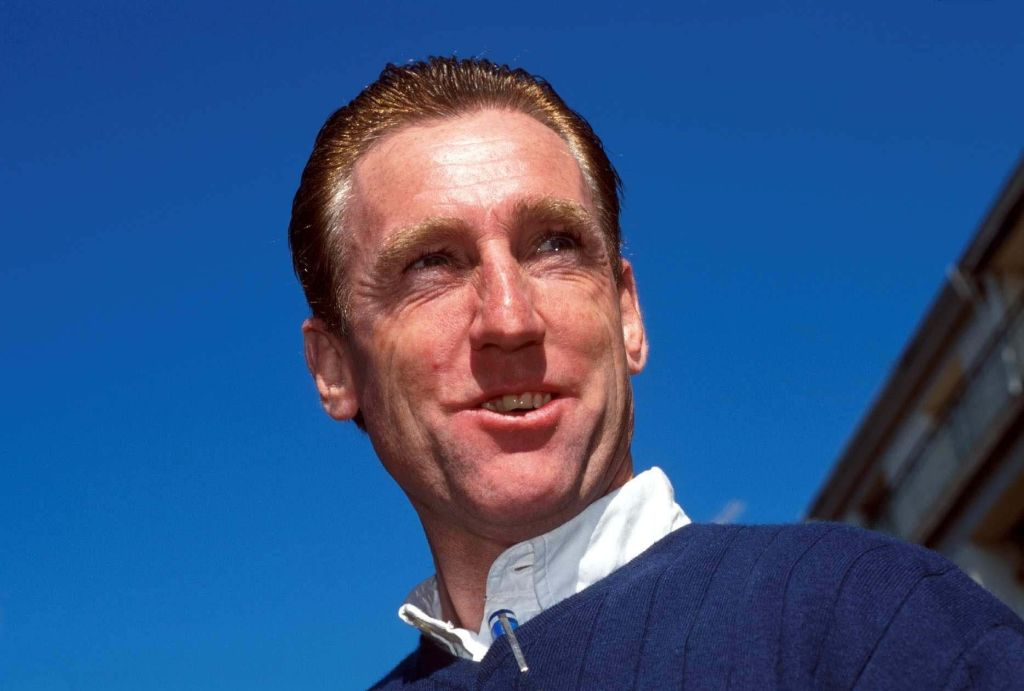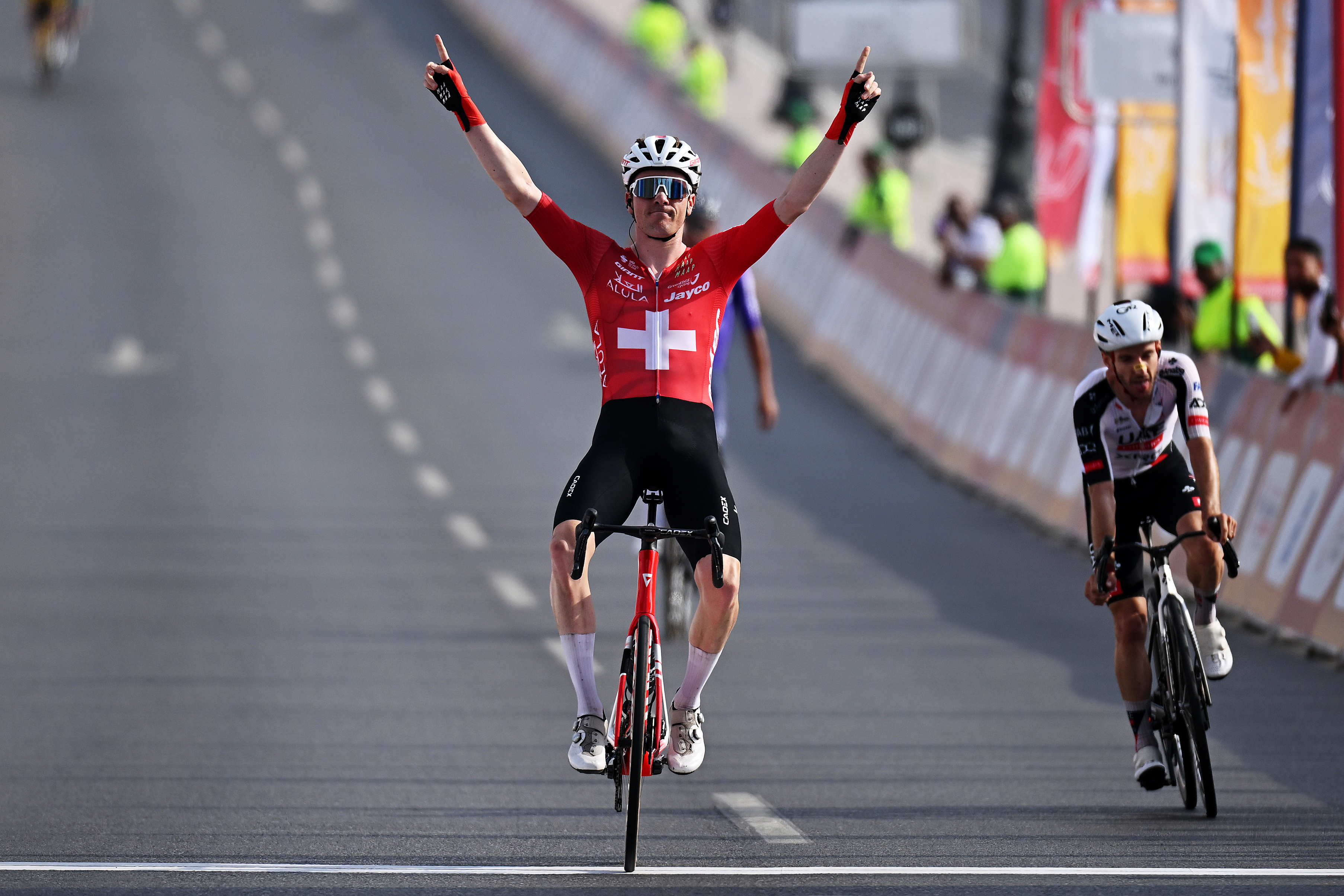Sean Kelly: How to win Paris-Roubaix
Two-time winner tells Cyclingnews what is needed to be victorious at the Hell of the North
The latest race content, interviews, features, reviews and expert buying guides, direct to your inbox!
You are now subscribed
Your newsletter sign-up was successful
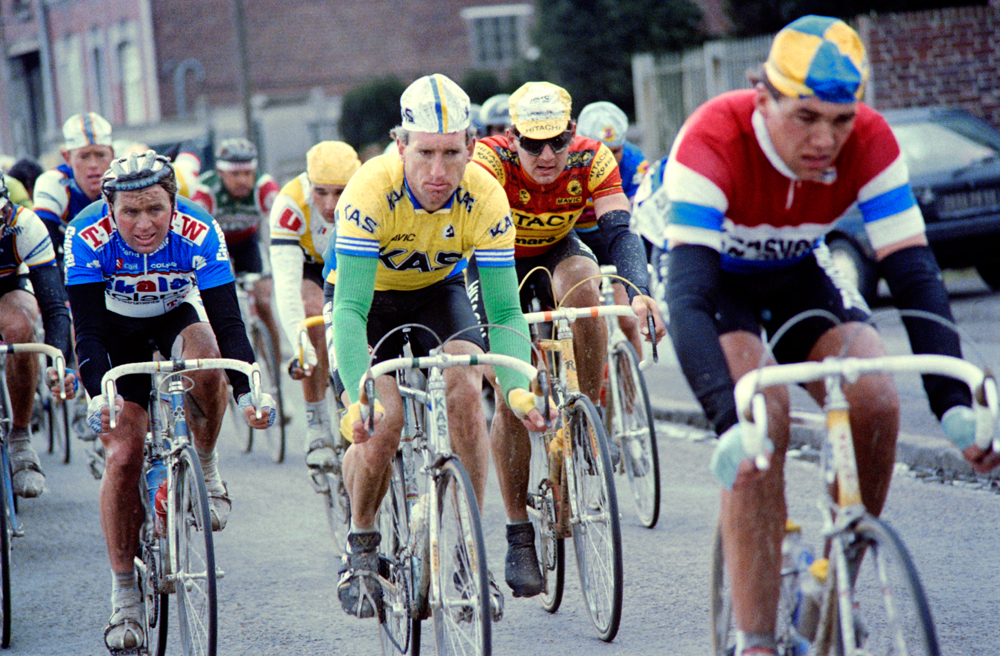
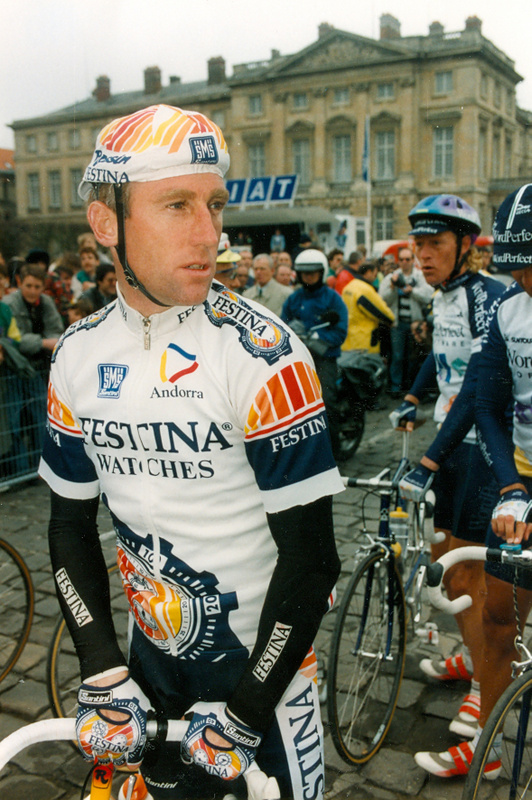
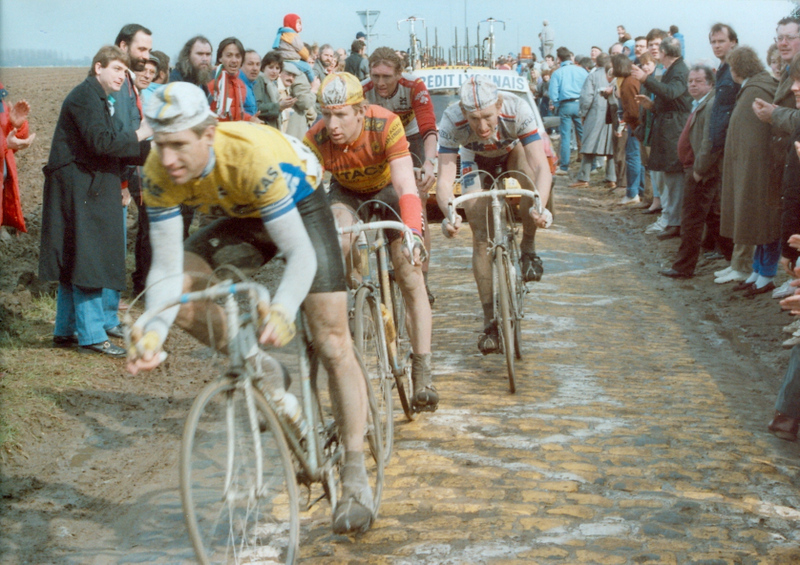
It takes a special sort of rider to conquer the cobbles and win Paris-Roubaix, unquestionably one of the most iconic one-day races in the sport of professional cycling.
The pavé roads leading to the Roubaix velodrome are littered with the broken dreams of riders who have come unstuck and see the race slip from their fingers.
Sean Kelly has tasted both success and sorrow in the race, winning twice, in 1984 and 1986, and Cyclingnews sat down with the Classics legend and resident columnist as he provided his tips on how to win the Hell of the North.
Become a specialist
Number one, you need to become a specialist at riding Paris-Roubaix. It's an incredibly difficult race to win, so it's not just about being in good shape. You need to be the right style of rider, one who has the power and the experience. There are probably about ten guys who fit that style of racing these days, and you can pick the winner for Sunday from that group.
When you look at Paris-Roubaix, the Belgians are the naturals at riding on the cobbles, and they learn how to do it from a very young age. It's almost natural for many of them.
I had to learn because as an amateur I never rode over the cobbles. I started to learn but it took a number of years. My first Paris-Roubaix in 1979 saw me thrown in at the deep end because I had little experience of riding the cobbles, even in the small races. You know if you're not riding in a country where cobbles are the norm, then you need that learning time.
You need to be in top form because physically, Paris-Roubaix is such a demanding race. There's always around 50 kilometres of cobbles and there's no hiding place in Roubaix. If you can combine form and experience then you're in with a chance.
The latest race content, interviews, features, reviews and expert buying guides, direct to your inbox!
Prepare, prepare, prepare
The week between the Tour of Flanders and Paris-Roubaix is important, but let's not just focus on that week. The preparation to win Paris-Roubaix starts many months before, and that's the same for any Classic you want to win.
The work has to start in November, December of the previous year. The final build-up, what races you do before Roubaix is important.
As we've seen in the past, some riders would do De Panne, while now guys don't want to race as much. In the lead-in days before, you're best riding parts of the route to find out which are the best lines to take, where the major potholes are, and where the smoother cobbles can be found.
You don't want to be on TV
A good indicator of who can win Paris-Roubaix is whether we can see you on television in the first few hours.
Ideally, you want to be as hidden as possible. Keep your nose out of the wind because if you can do that, then you're tactically on the ball, because you're saving all your energy for the end of the race.
The riders you see on the TV screens all the time, they're the ones who are going to pay for the efforts at the end of the day.
Use your bullets wisely
When I won for the first time in 1984, I was in really good shape, and I wanted to attack from a long way out. I remember saying it to Jean De Gribaldy, and he said: "No, wait, wait, because everyone will start falling off as we go further into the race."
That meant I delayed my attack, but I could finish quite strongly. If you attack too early then you can pay in the final.
I don't think you have just one bullet. There are many occasions where you have to use a bullet in the race, and you may not see that on television, but if you're coming into some of the important sections, then you have to use energy and work a lot just to make sure you get through the section.
What you have to do is save something for your final bullet, your final attack.
You have to think about when you're going to make your move. There are different riders in Paris-Roubaix, so if you have a sprint in your locker then you can afford to enter the velodrome with others but if you've not got a sprint then you have to try and attack on the final sections of cobbles.
Keep your cool
In 1986, when I won for a second time, I was in a group that got away. Then it was all about keeping calm and not panicking.
If you can do that, and it's the same for any race, then you eliminate the panic, which will lead to making mistakes. That's happened to me in the Tour of Flanders, actually, and there were times in that race when I would feel good but I did too much riding and paid for it later on.
Be lucky
You either have it or you don't, but it's really important to have good luck in Paris-Roubaix.
If you're unlucky you'll be in the crashes, you'll puncture at the wrong moments, so keeping out of trouble is of major importance.
In 1985, I came into Roubaix as the defending champion, and I was leading in a group on the Carrefour de l'Arbre that included Eddy Planckaert, Jozef Lieckens, and I think Greg LeMond. I was putting on the pressure, and then a moto fell in front of me and I touched its side and although I managed to get my foot out, I fell over. We all got tangled up, and Marc Madiot, one of the last in the group, just came by and built up a lead of around 15 seconds.
No one wanted to chase him down and put in that effort. Without that moto crash there was no way he was going to win Paris-Roubaix that year. What the final would have been like, we'll never know. I might have been able to ride them off my wheel, it might have been a sprint, or someone else might have been stronger.
"King Kelly", the greatest Irish cyclist to have graced the peloton, brought the Emerald Isle to the fore alongside compatriot Stephen Roche in the 1980s. Points winner at the Tour de France four times, GC in the 1988 Vuelta, and a record-breaking seven consecutive wins at Paris-Nice feature during his glittering career – alongside double victories at Paris-Roubaix, Milan-San Remo and Liège-Bastogne-Liège.
